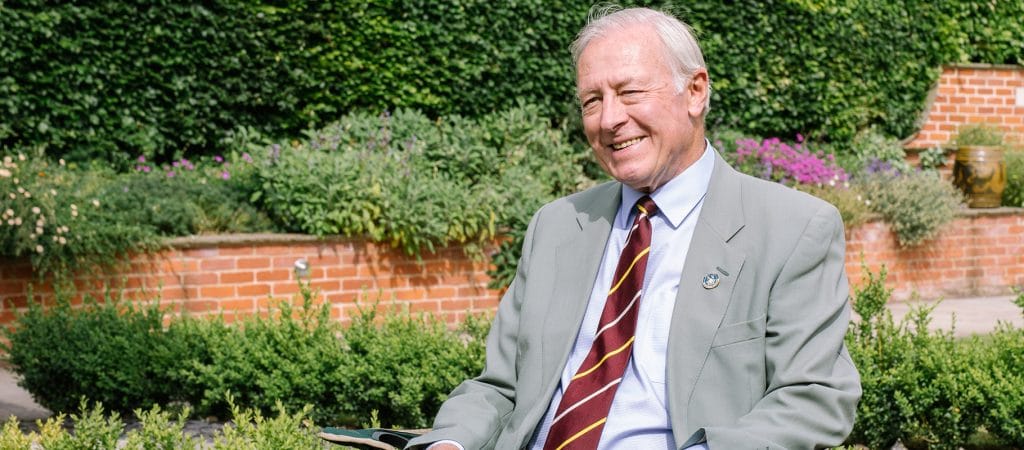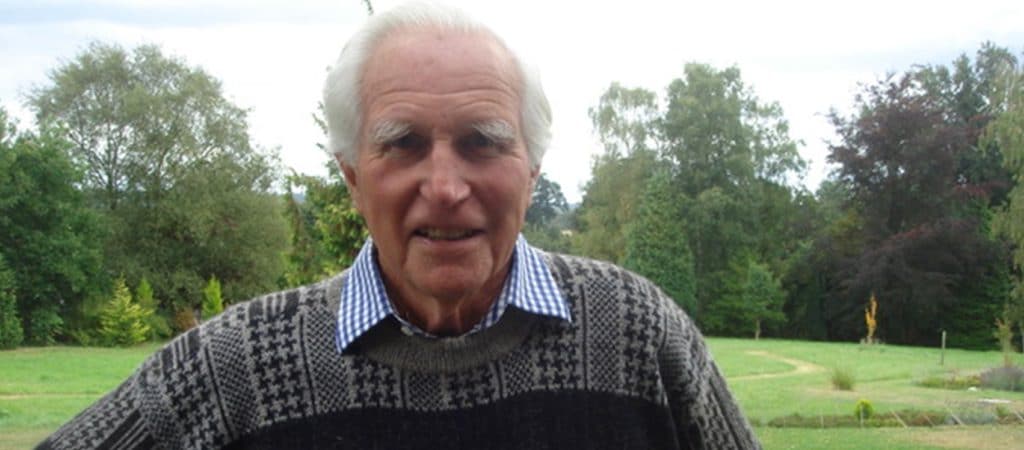Mark Roper was the devoted custodian for fifty years of Forde Abbey in West Dorset. The former Cistercian monastery, founded in the 12th century was one of England’s richest monastic institutions and became the property of the Crown during the Dissolution in 1539. It was transformed into a private home a century later by Edmund Prideaux, Oliver Cromwell’s Attorney General.
In the 18th century the house and its estate were the property of Prideaux’s daughter Margaret and her husband Francis Gwyn, who served as Queen Anne’s Secretary of War, and then their descendants, before passing through a succession of owners until it was left to Elizabeth Roper by a cousin.
Mark Roper, born on June 27 1935, was one of four children of Elizabeth’s son Geoffrey and his wife Diana.
On leaving Bradfield College, Mark did National Service with the Rifle Brigade, serving in Kenya during the Mau Mau Uprising, before reading Estate Management at Magdalene College, Cambridge. Then, in 1959, he took over the running of Forde Abbey from his father. Explaining his philosophy for securing the Abbey’s future, Mark Roper liked to quote from Giuseppe Tomasi di Lampedusa’s novel The Leopard: “If we want things to go on as they are, we have to change.”
With no family fortune to fall back on, he was well aware that an income from honey, apples, hen and duck eggs, coppiced products from the woods, and a modest harvest of Christmas trees, was never going to keep the Ropers at Forde Abbey into the 21st century. He opened the house and gardens to the public on several days a week and set about repairing the fabric of the Abbey with the help of the architect Richard Tyler, noted for his restoration of large private houses.
To help pay for this, Mark explored new business ventures, often with local partners, among them growing soft fruit, initially blackcurrants, and then strawberries and raspberries, to exploit the Pick-Your-Own market. He very successfully expanded his father’s small forest nursery to produce Sitka spruce for forestry management companies in Scotland; joined a local farming family in a goat-milking business; and developed a plant nursery in the kitchen garden.
His wife Lisa, meanwhile, ensured that the house offered a warm welcome to all who visited them and supported him in all these enterprises; it was she who established the Abbey’s world-famous herd of Devon cattle. Mark loved the 30 acres of gardens at the Abbey, and was delighted when, in 1992, Forde Abbey was named the Historic Houses Association’s Garden of the Year.
Under Mark’s aegis Forde Abbey also became a favoured destination for musicians seeking to exploit the superb acoustics of the Great Hall; the violinist Nigel Kennedy was among those who liked to record there. The Abbey was also in demand as a film location, in productions such as Far From the Madding Crowd (2015); Restoration (1995), based on the novel by Rose Tremain and the BBC series Daniel Deronda (2002).
In 2009 Mark and his wife moved into the Home Farm, handing over the stewardship of Forde Abbey to their eldest daughter Alice and her husband Julian Kennard.
Mark served as a High Sheriff of Dorset. He was also Wessex branch chairman of the Historic Houses Association, and twice chairman of the Dorset branch of the Country Landowners’ Association (now the Country Land and Business Association).
He is survived by Lisa and their three daughters, Alice, Victoria and Lucinda.





